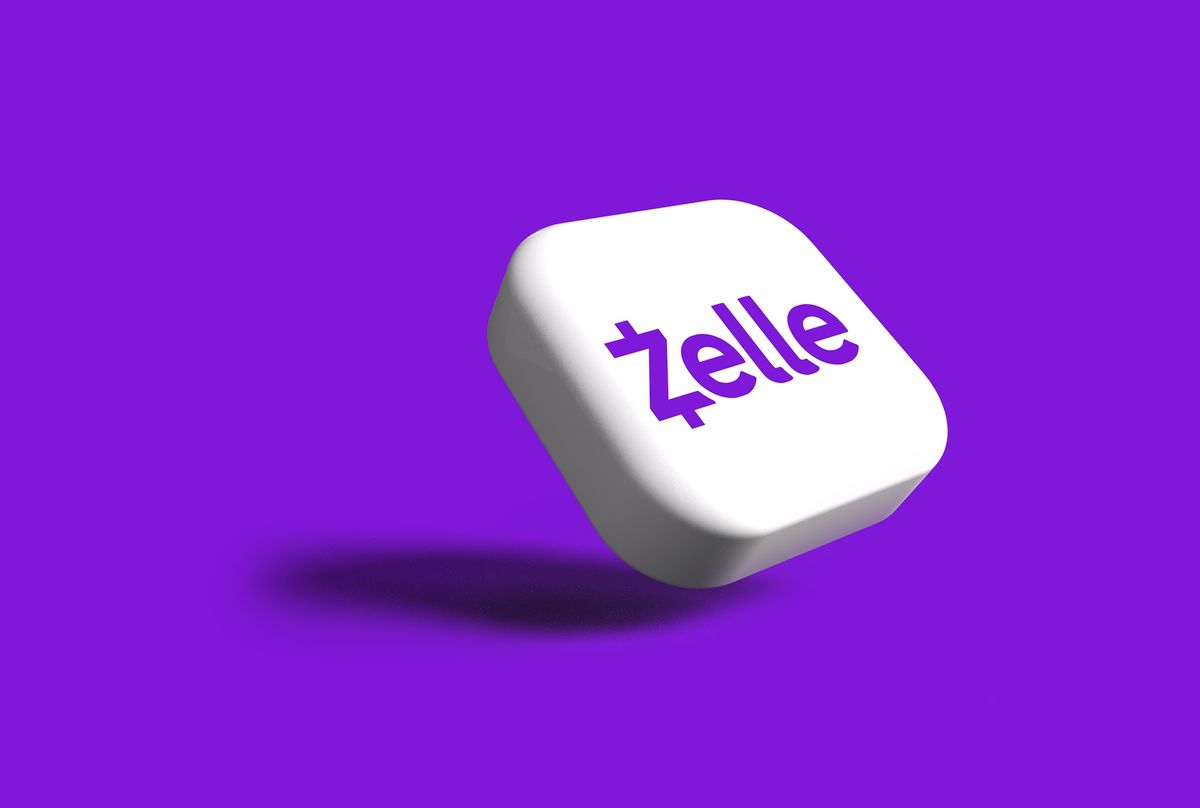Wells Fargo Sued Over Clients' Zelle Losses

Zelle is a handy way to transfer money but it’s also an easy way to lose it. A class action lawsuit charges that Zelle and Wells Fargo aren’t doing enough to protect their clients against fraud. Other banks face similar suits.
In the Wells Fargo lawsuit, Luke Hartsock alleges that he lost $7,500 to thieves and says that both the bank and Zelle know about the rash of scams on the quick-transfer service and aren’t doing enough to stop them.
“The convenience of Zelle’s services has made them a favorite among consumers but also made them a darling among thieves who can gain access to bank accounts,” the lawsuit alleges.
The problem, as with other cash-transfer services, is that Zelle might as well be cash – there’s little or no recourse if you accidentally send money to the wrong person or get swindled by a con artist.
The only truly safe way to use Zelle, Venmo, Western Union and similar services is to send money only to people you know personally, not to someone you are dealing with online or on the phone.
Hartsock claims that, in his case, scammers impersonated Wells Fargo and claimed to be client service employees at the bank. He argues that Zelle and the banks that own the service need to spend more on security.
It’s not just Wells Fargo. Several other banks are being sued in Zelle cases.
In another case, a customer is suing Navy Federal Credit Union, alleging that it failed to adequately warn account holders about the losses they could encounter by using Zelle.
A booming business
Zelle is owned by Bank of America, Capital One, JPMorgan Chase, Truist U.S. Bank and Wells Fargo. It was founded in 2017 as a competitive response to Venmo, which is owned by PayPal, and to other cash transfer services.
It has grown to be the most-used “peer-to-peer” money transfer service in America, with more than 1,400 banks, credit unions and other financial institutions offering it to their customers. It racked up $490 billion in transactions last year.
Zelle more than doubled its business during the pandemic, as consumers stayed home and looked for new ways to make purchases. Bank of America reported recently that last year its customers made transactions with Zelle than with checks.
Unlike traditional bank transfers and credit/debit transactions, which can take a day or more, Zelle transfers are instantaneous. But once sent, money can’t be retrieved and banks generally wash their hands of the matter, saying they are not responsible for policing how the service is used.
Zelle may expand to check-out counters
But while some consumers complain about problems with Zelle, the banks that own the system are thinking of expanding into the retail check-out business, competing with credit and debit cards, according to a Wall Street Journal report.
This is causing some indigestion for the banks and also for MasterCard and Visa, which now control a huge check of retail transactions. If the banks started competing with the credit cards, it would eat into their transaction fees but similar fees charged by Zelle might more than make up for that.
And, significantly, a Zelle check-out system’s fees would come out of Visa and MasterCard’s hides, so they would be expected to resist mightily. But some banks are reportedly already reaching out to their retail clients to gauge their interest in an expansion.
Whatever happens, it will never be more true that consumers need to look before they leap and remember that money spent is often gone forever.
